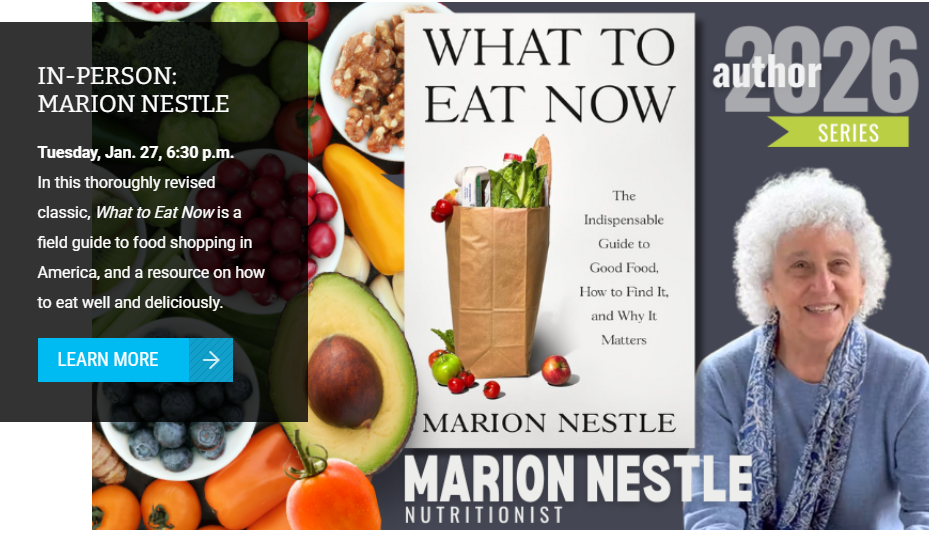Information here. Register here.

I’ve been asked to comment on Amazon’s proposal to buy Whole Foods. So much has been written about it that it’s hard to add anything new.
My immediate thoughts:
The facts: Amazon offered $13.7 billion to buy Whole Foods. This may seem like a lot of money but it’s just 3% of Amazon’s $470 billion holdings.
How did this happen?
What are the implications?
Effect on retailers: Their stocks dropped immediately. Amazon is serious competition.
Disruption: This may be a major disruption to grocers, but this industry may have had it coming.
Organics: Whole Foods specializes in organics; producers already cannot keep up with demand. Farmers will have to grow more, but if Amazon imports organics that will open up possibilities for fraud.
E-commerce: this could increase the value of physical stores if done right, as well as online grocery shopping.
Food chains: Amazon on top.
“Conscious capitalism”: The end
Maybe, feeding the world (says Alice Waters)
Better food for all? Civil Eats considers this question, but asks will this do what Walmart does—force lower wages for workers and lower prices for farmers.
Humor: Alexa: tell me some jokes about Whole Foods’s prices, drones, and Amazon’s ruling the world.